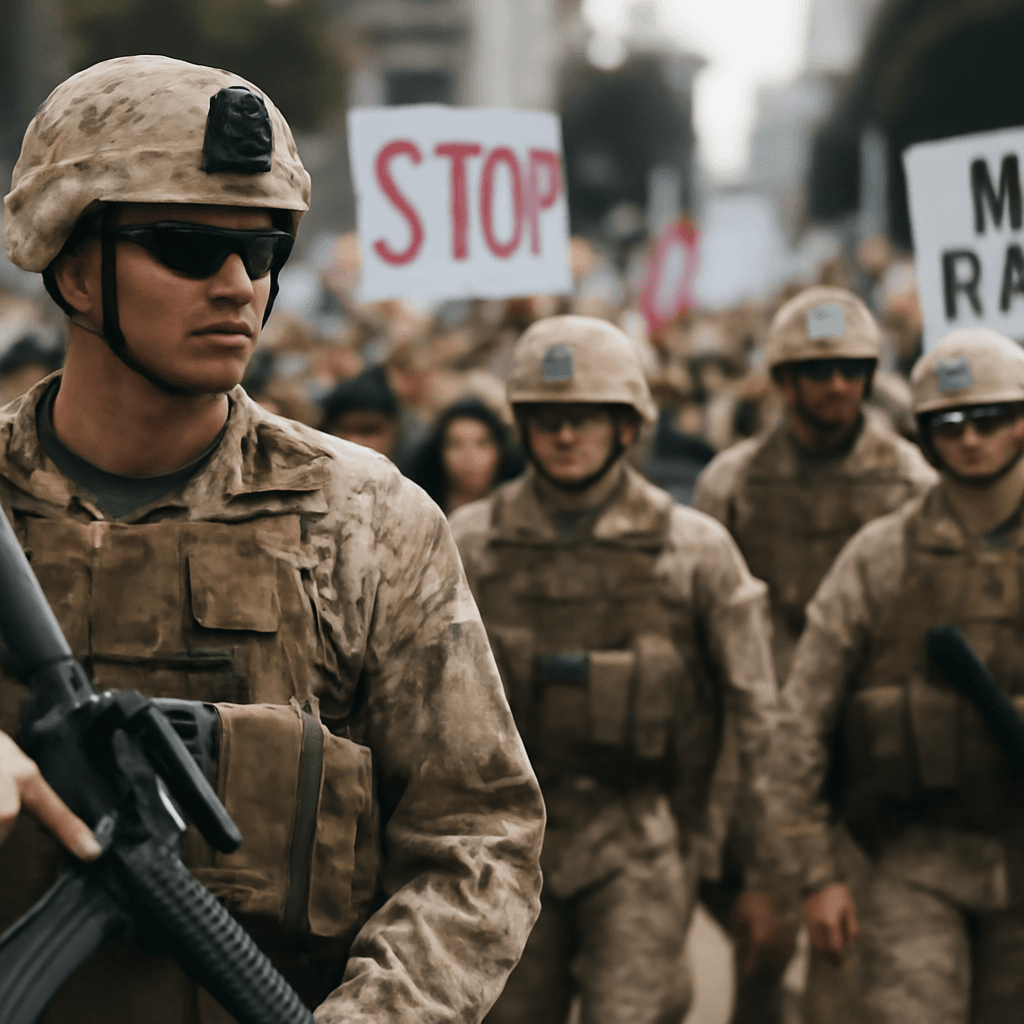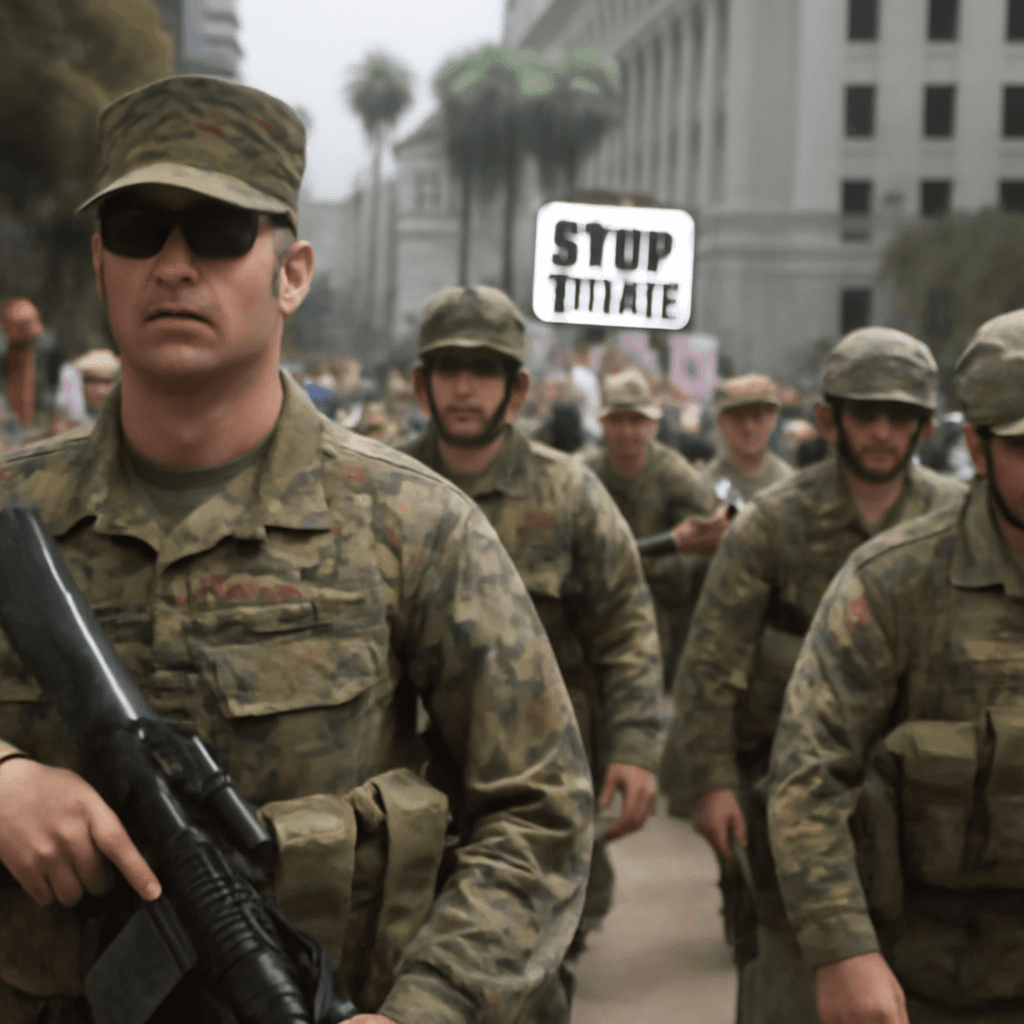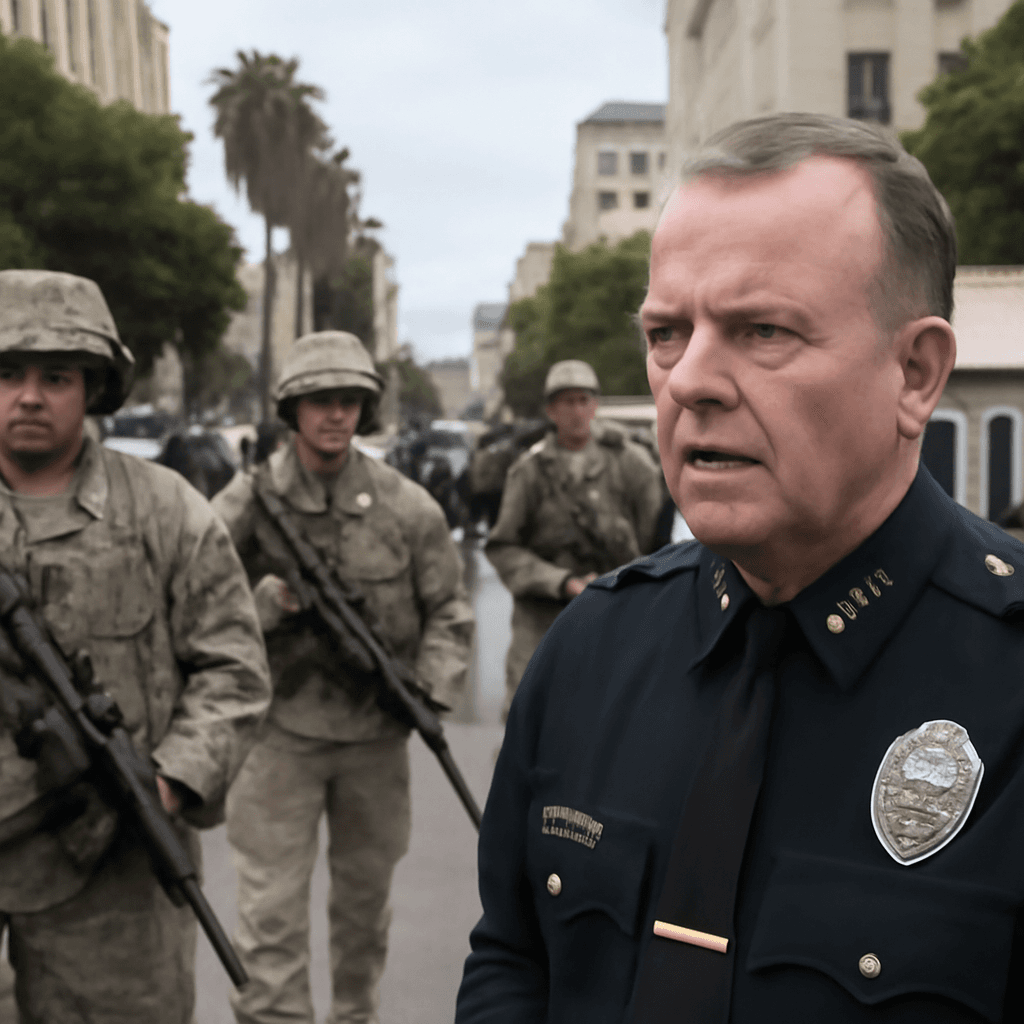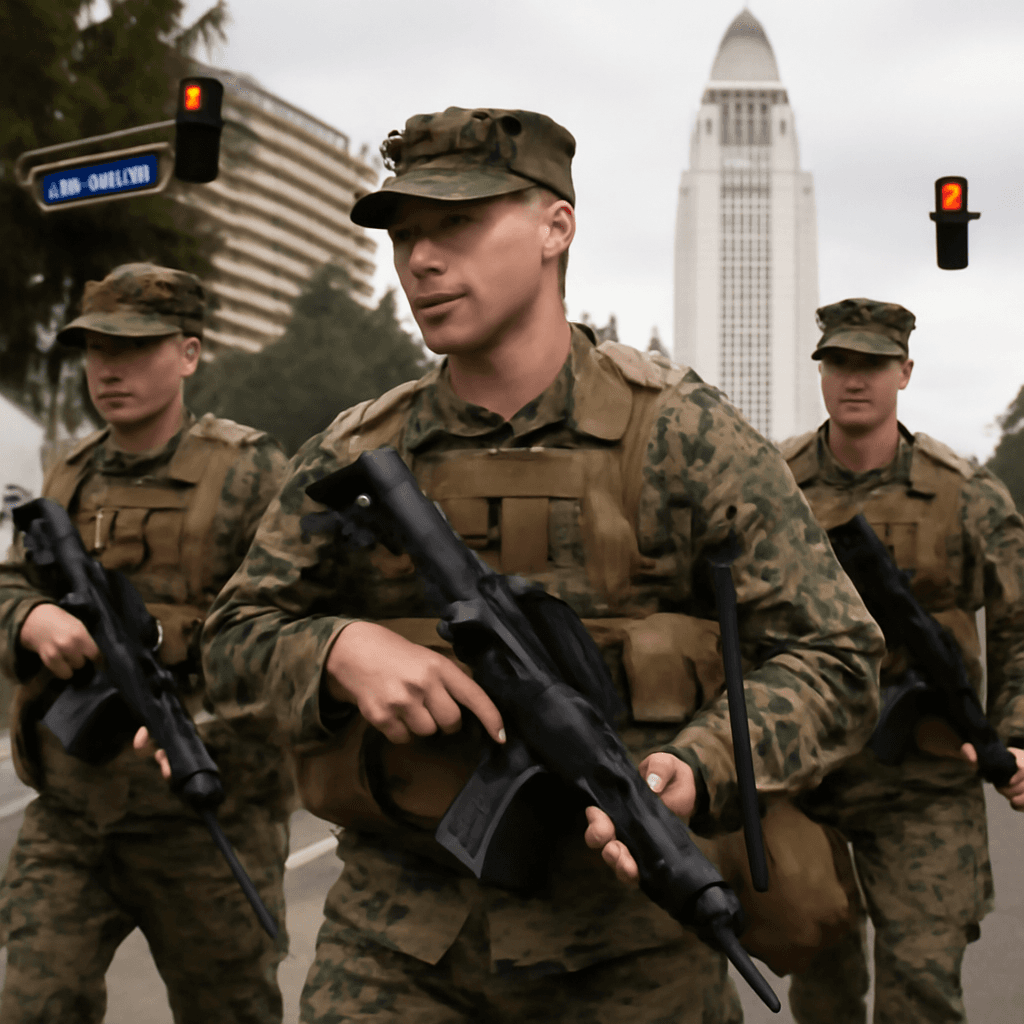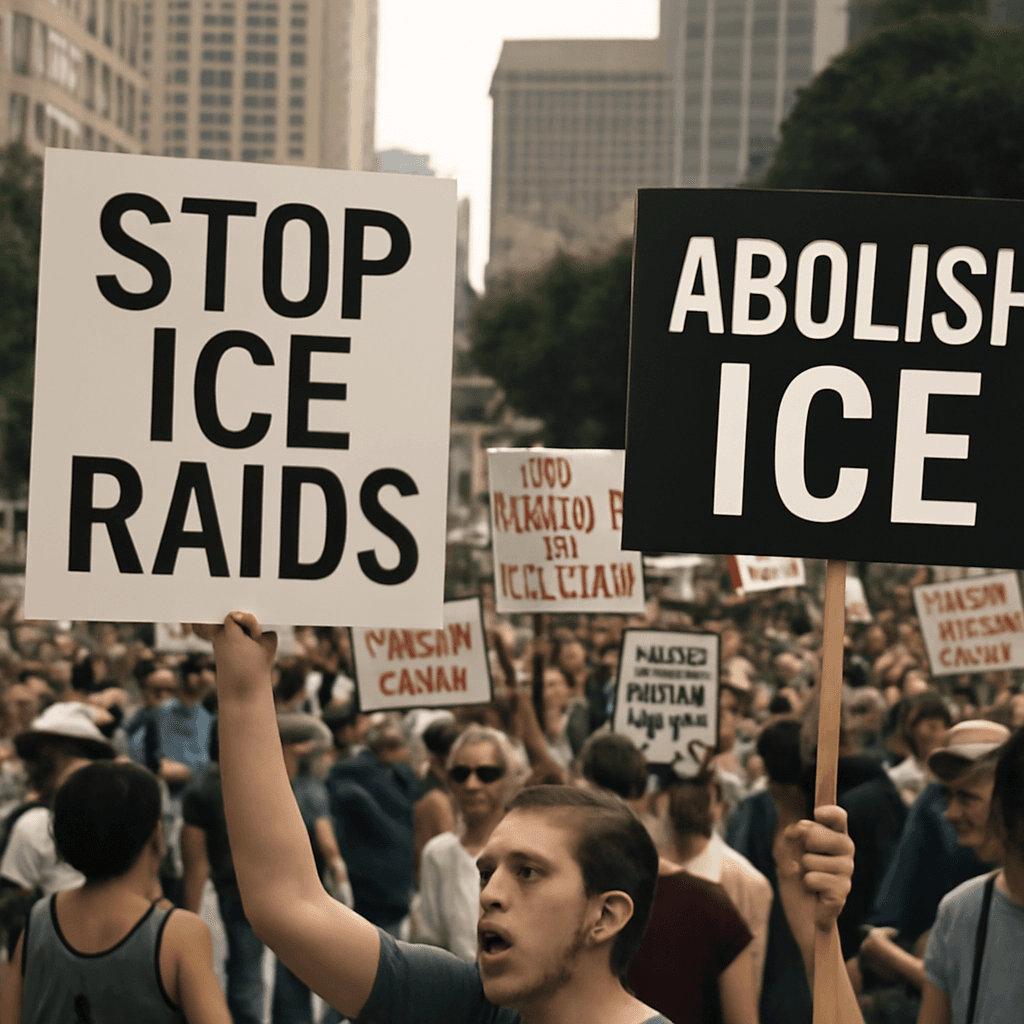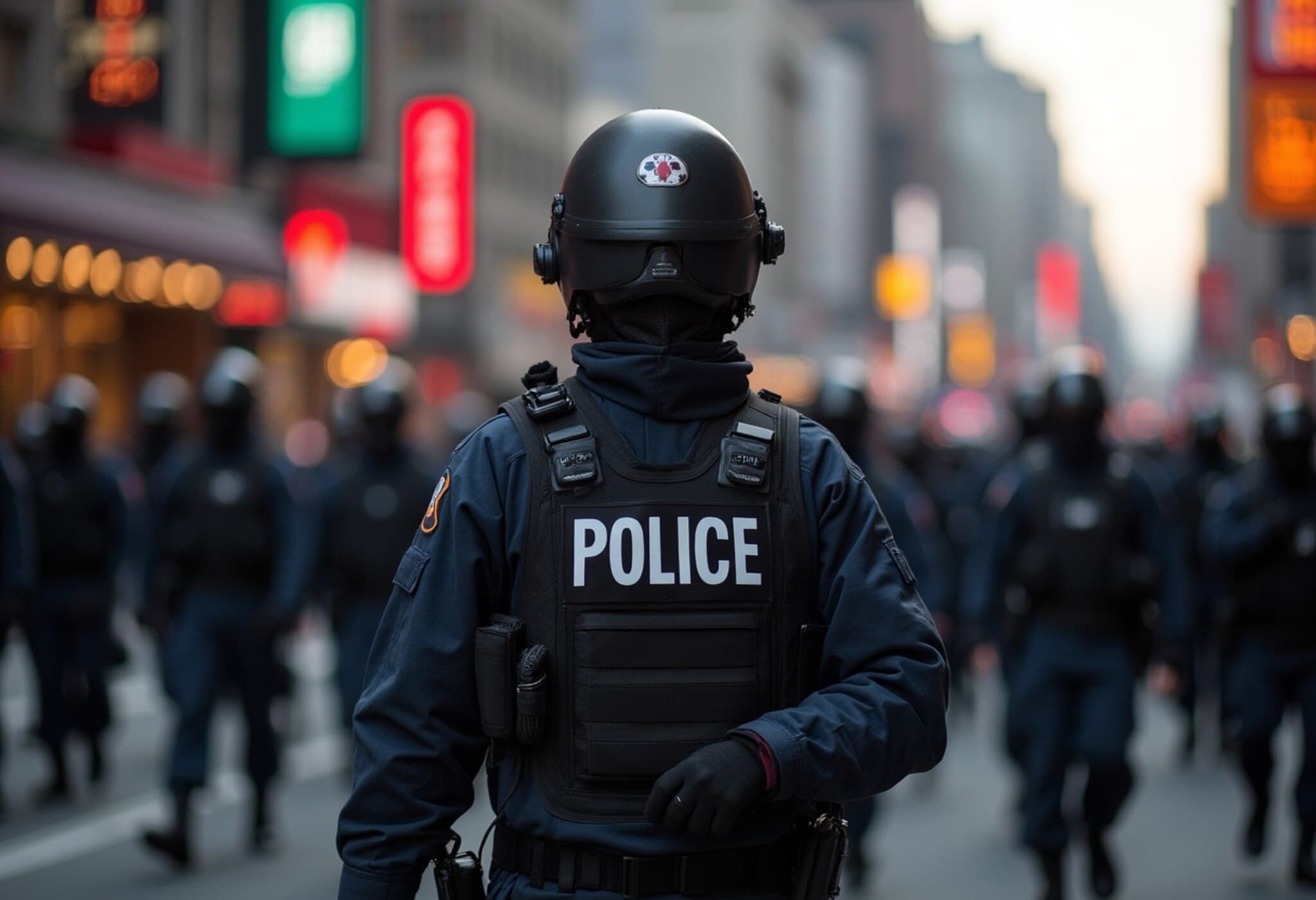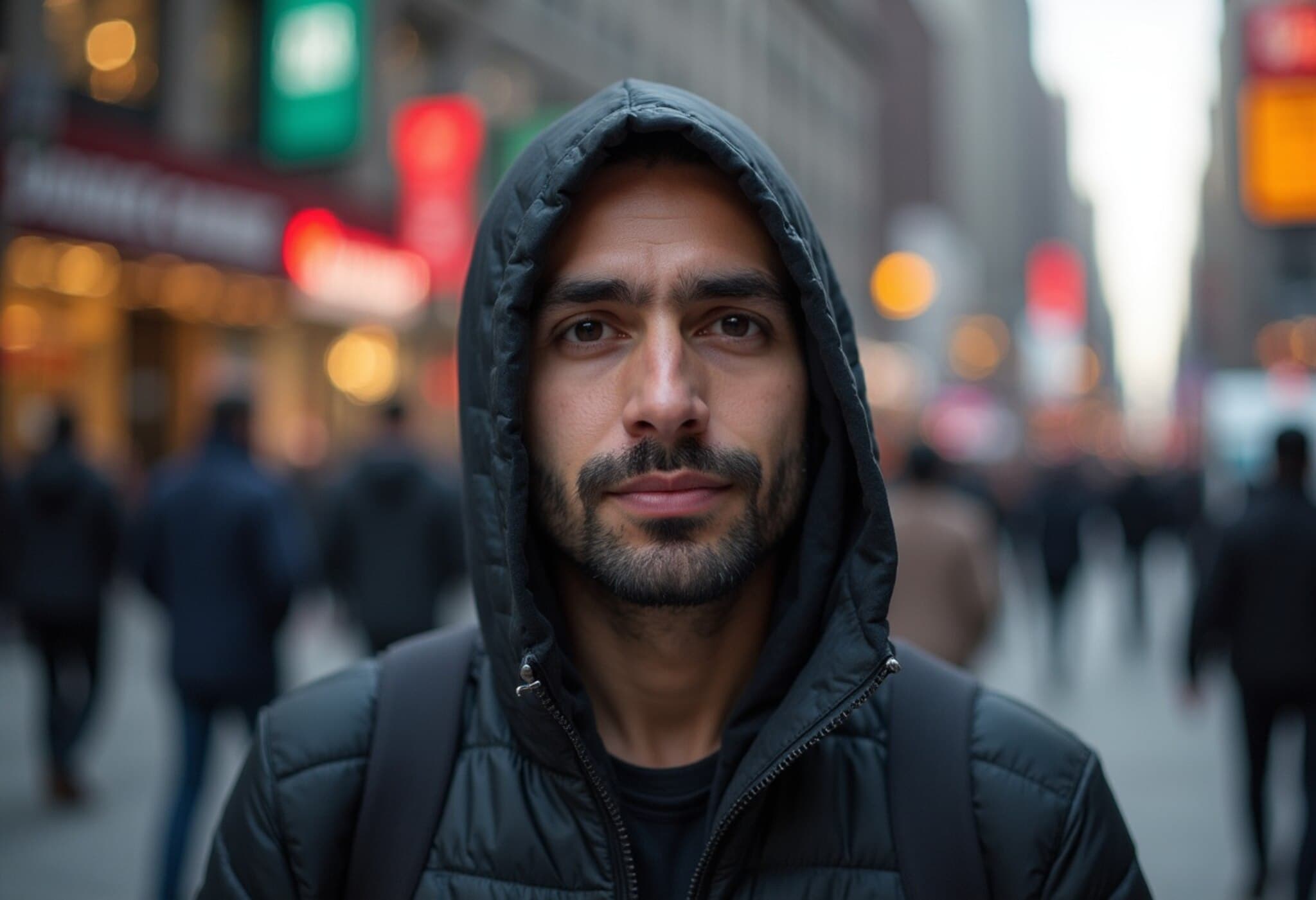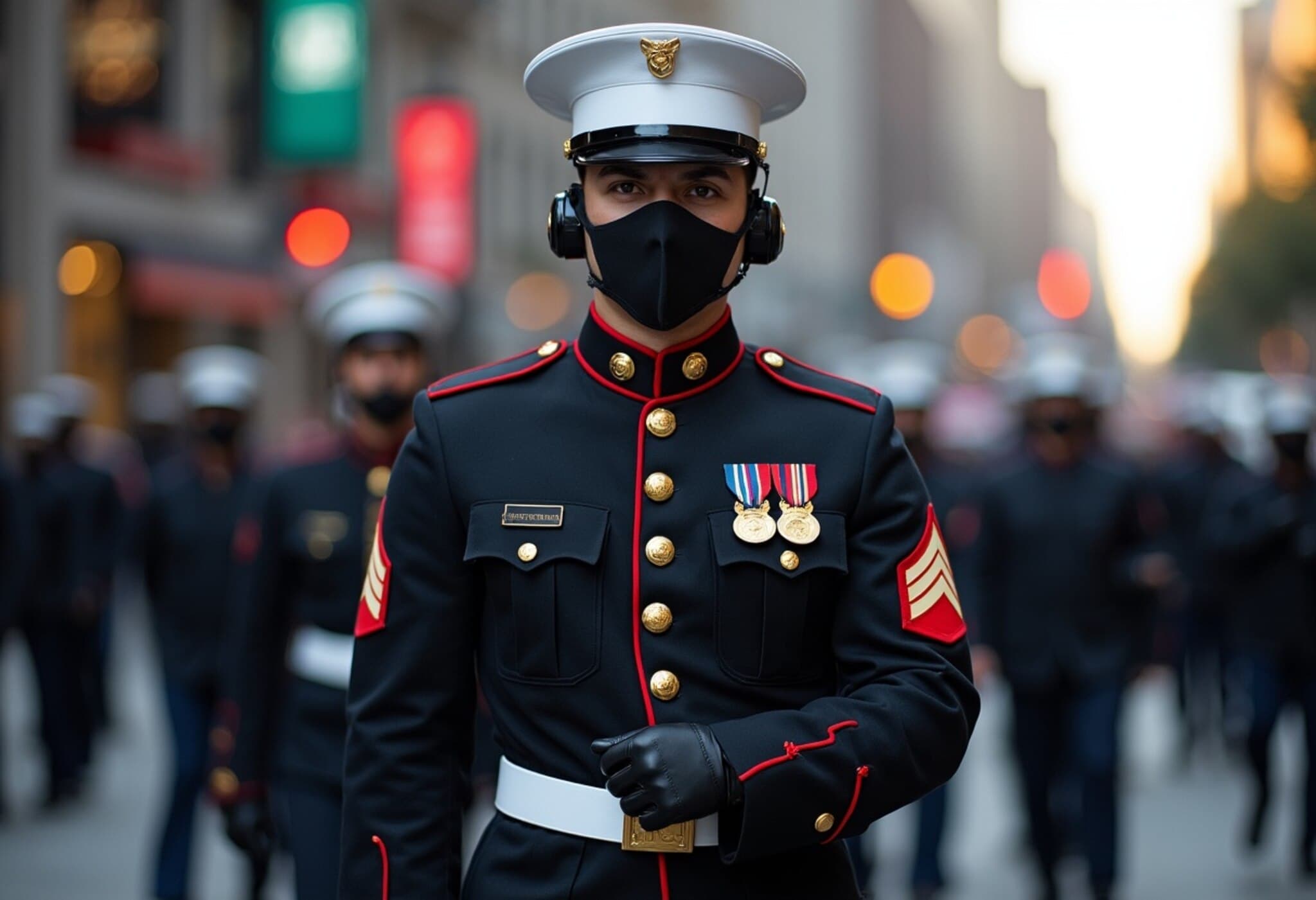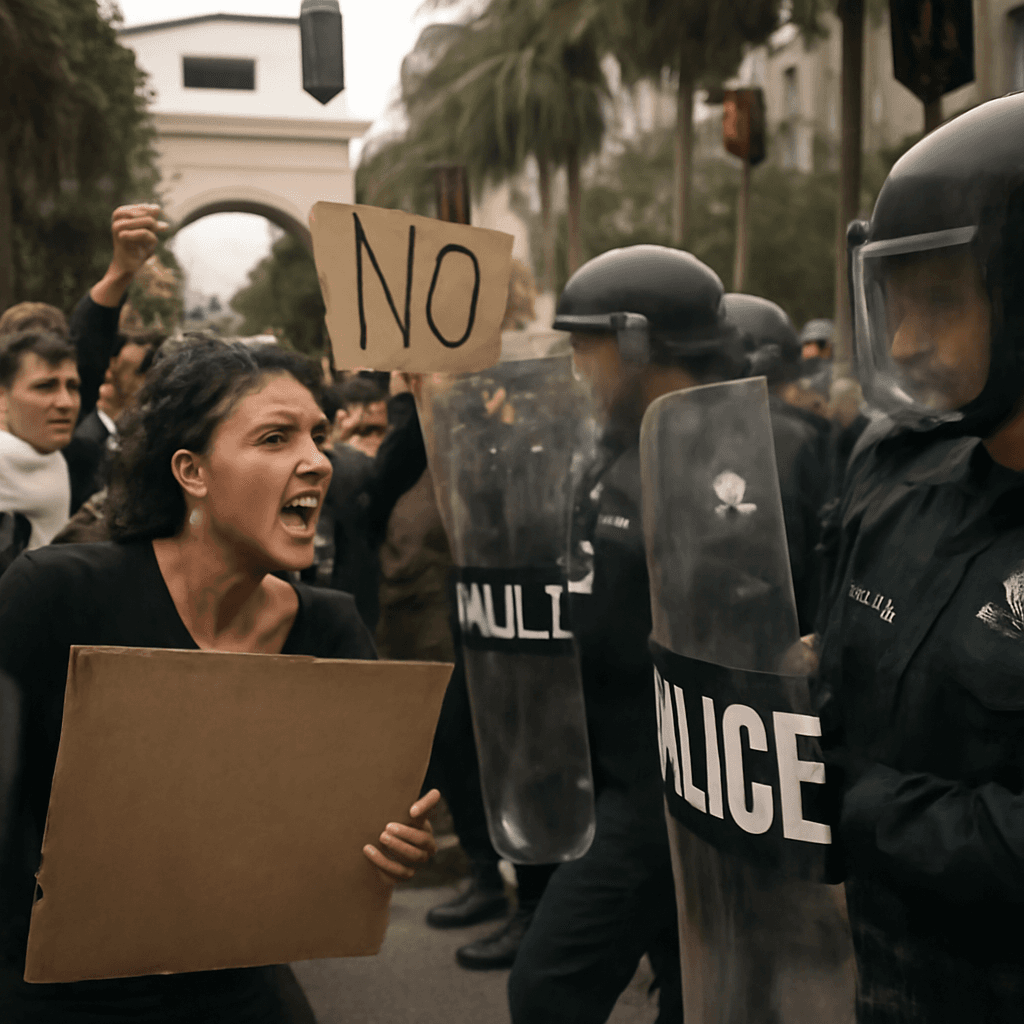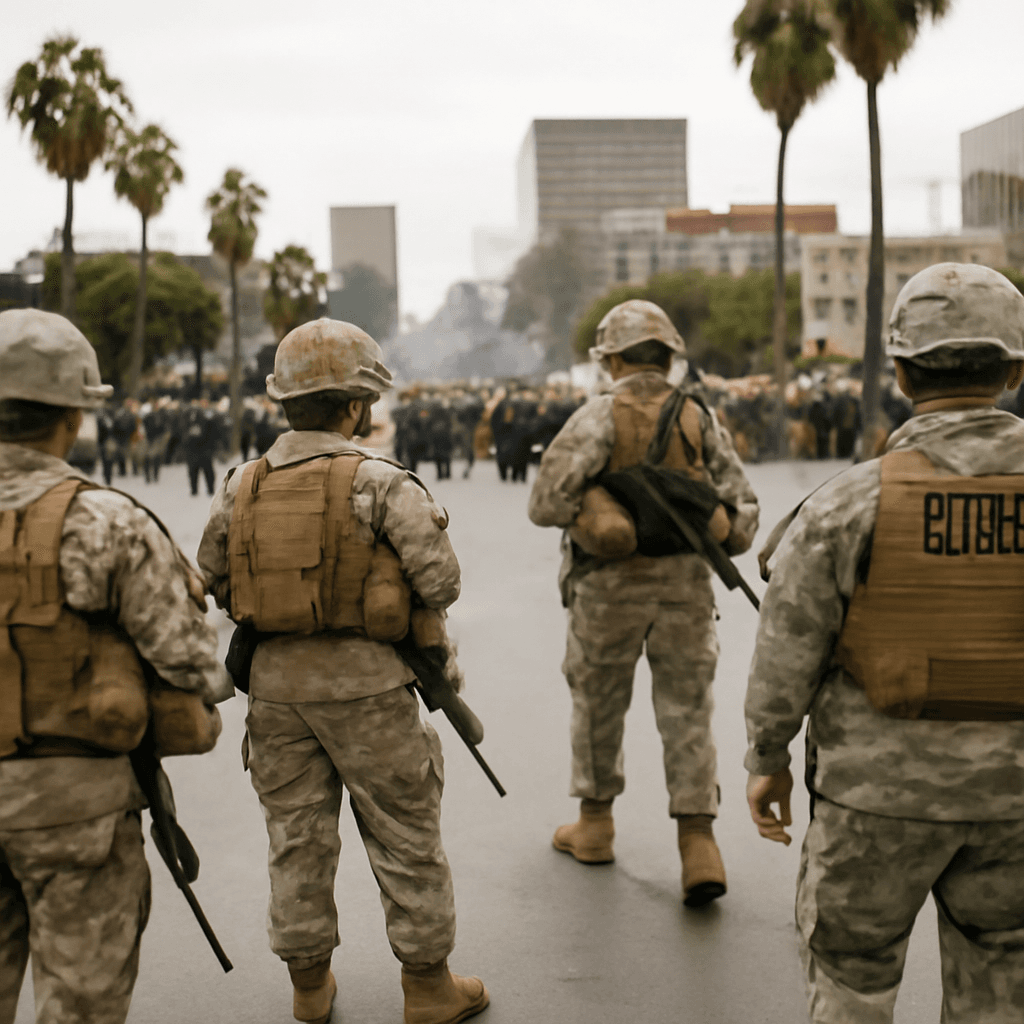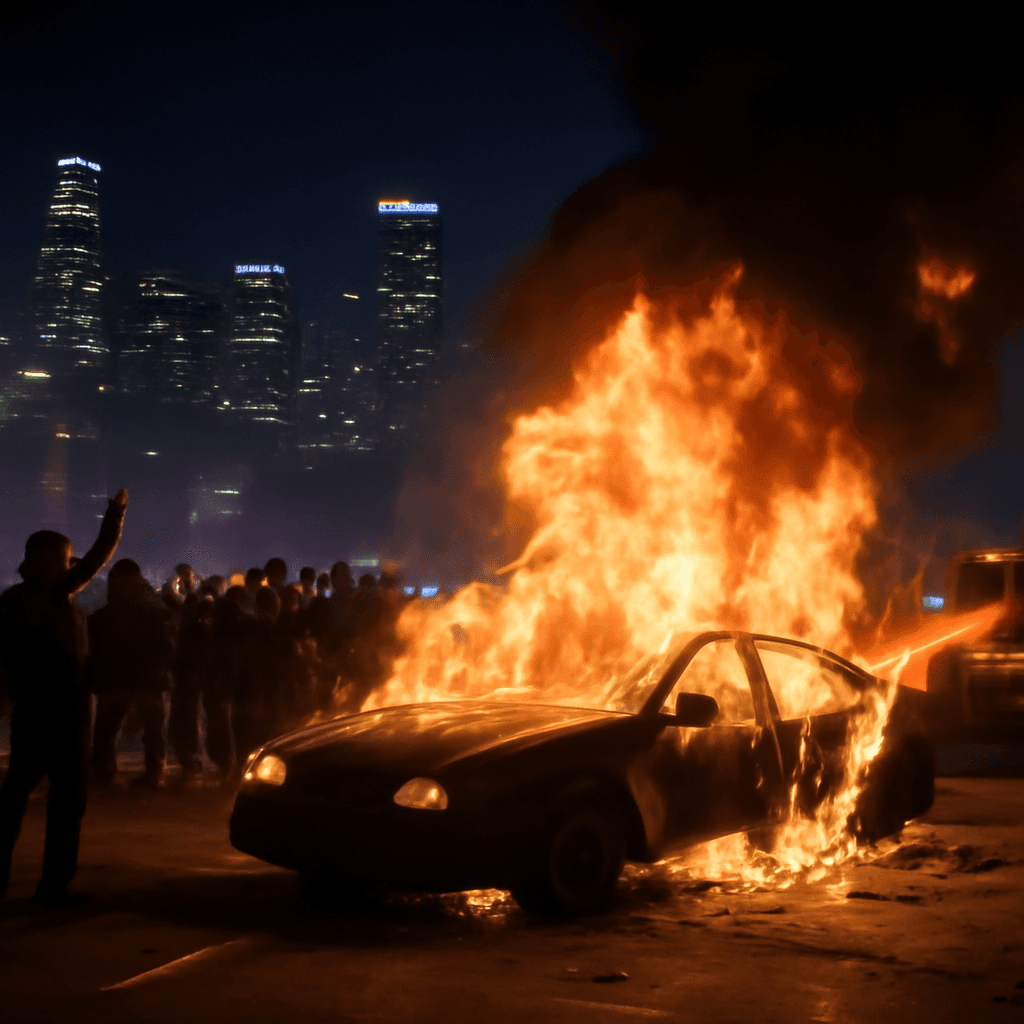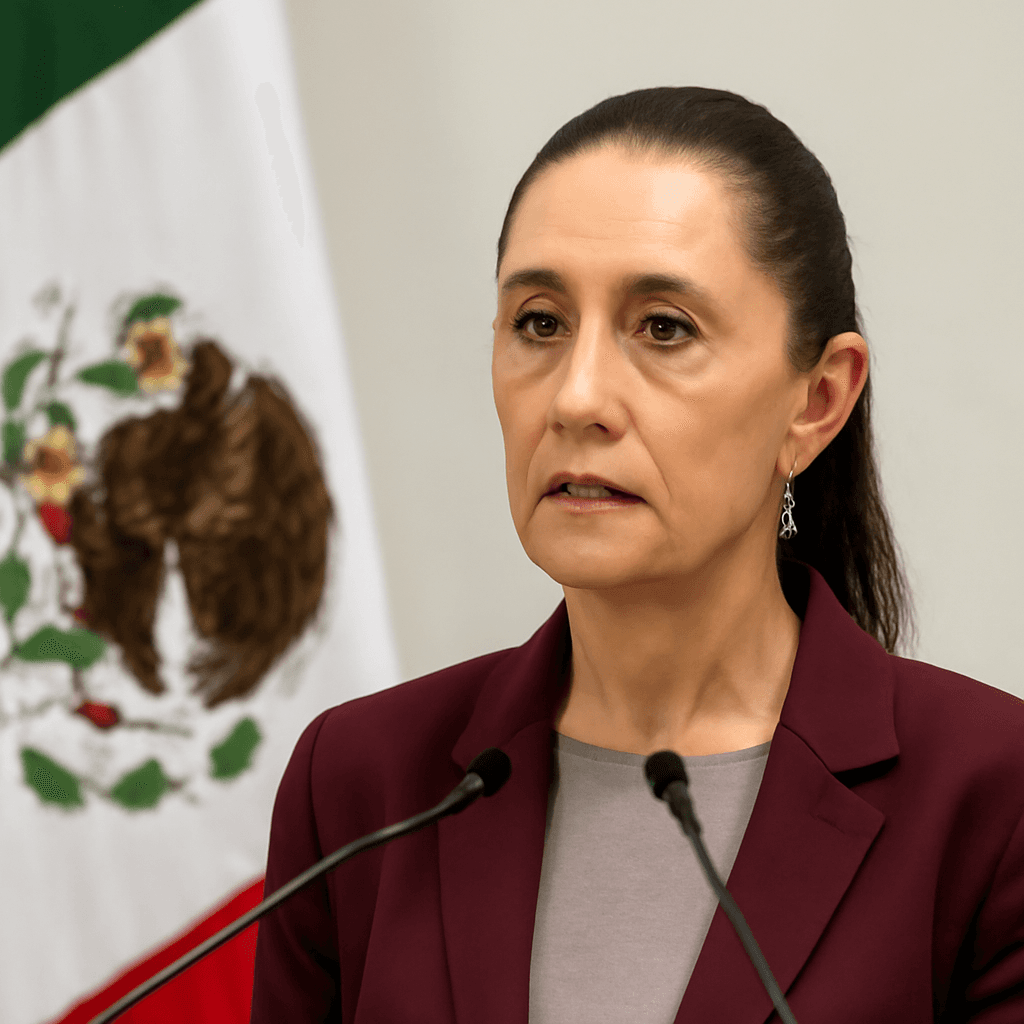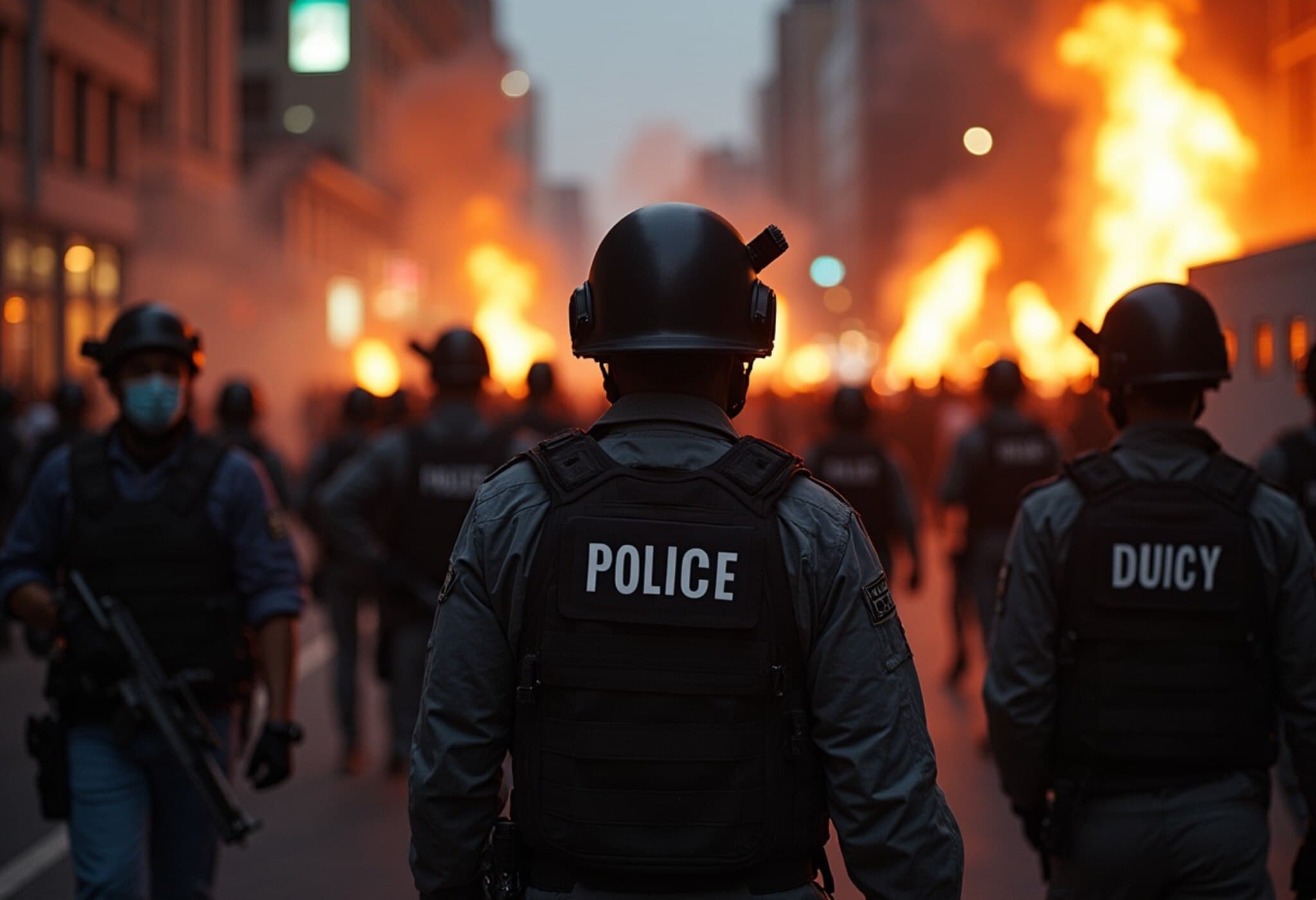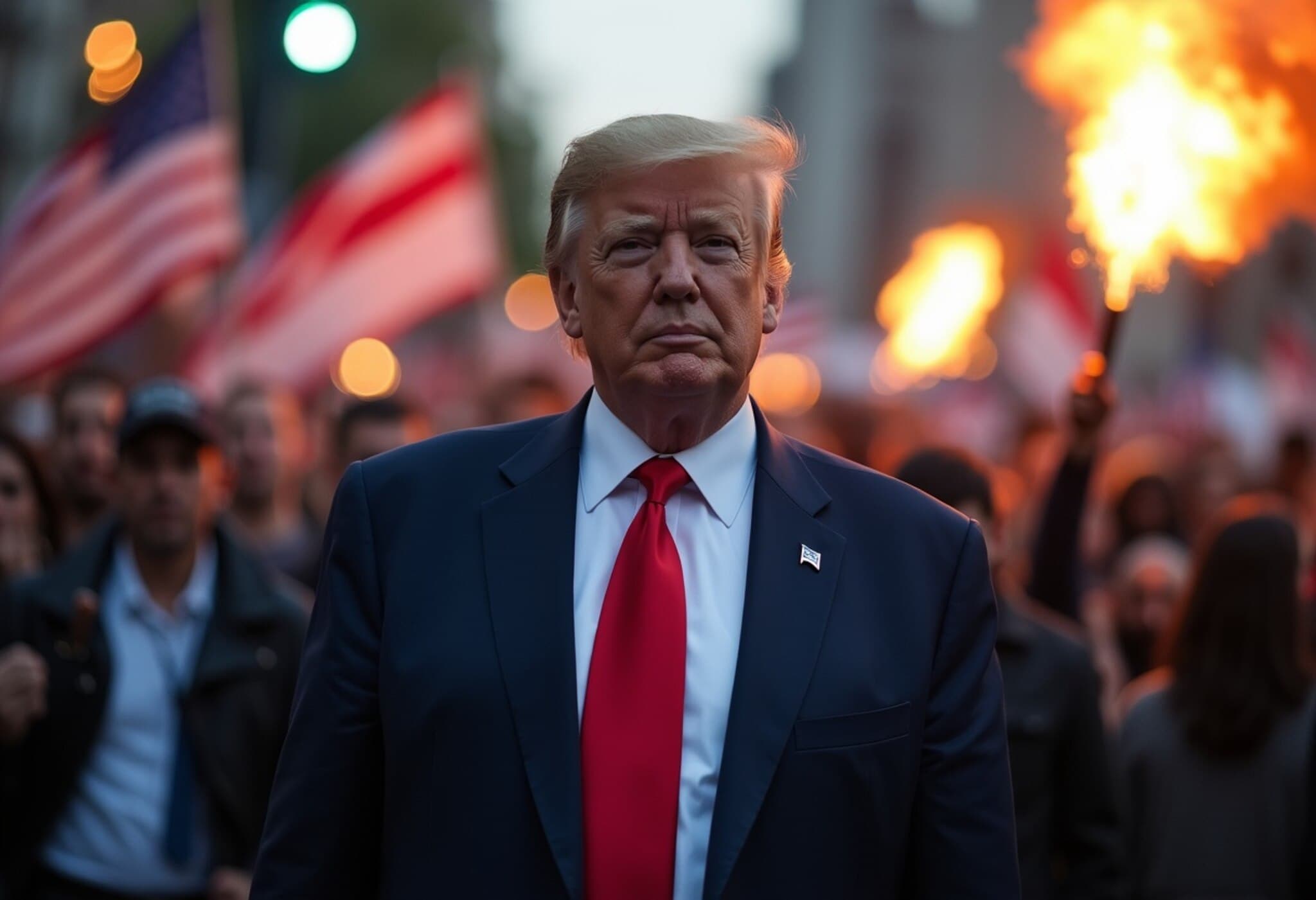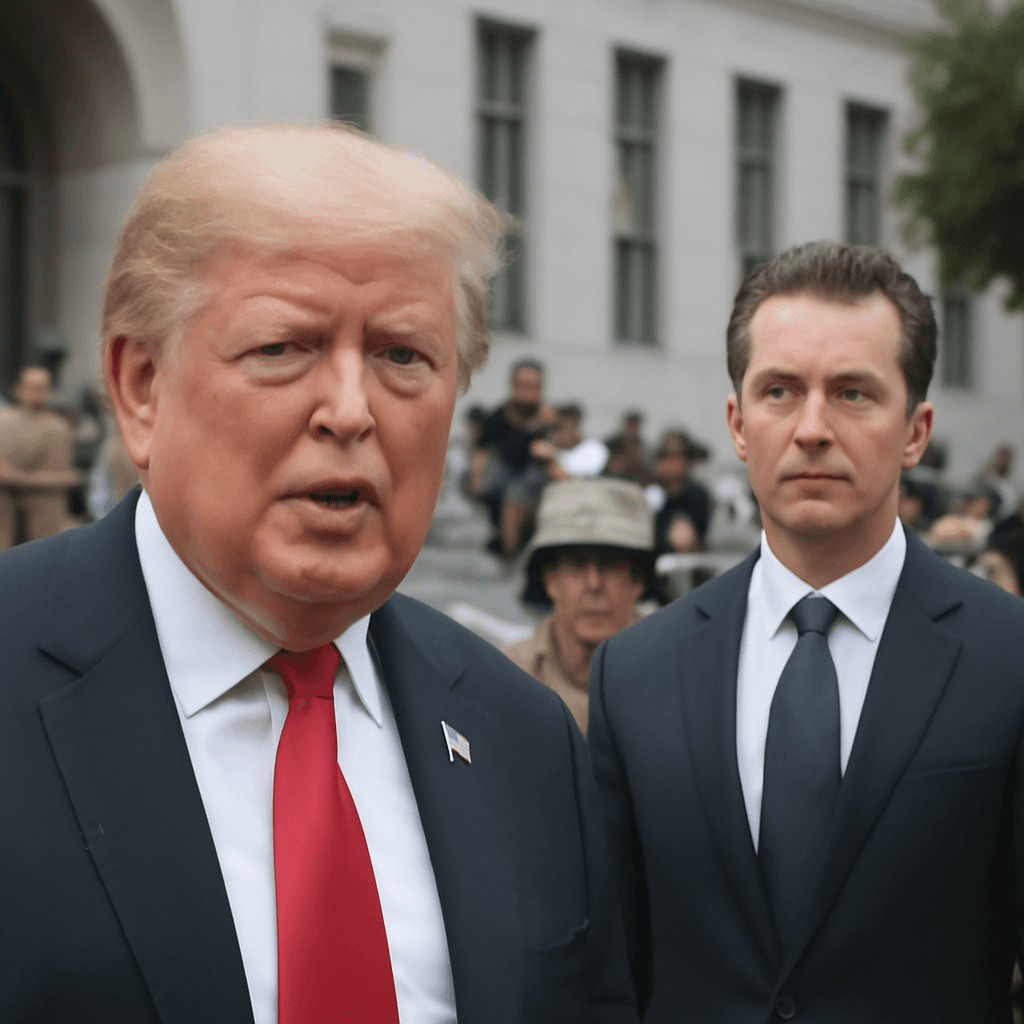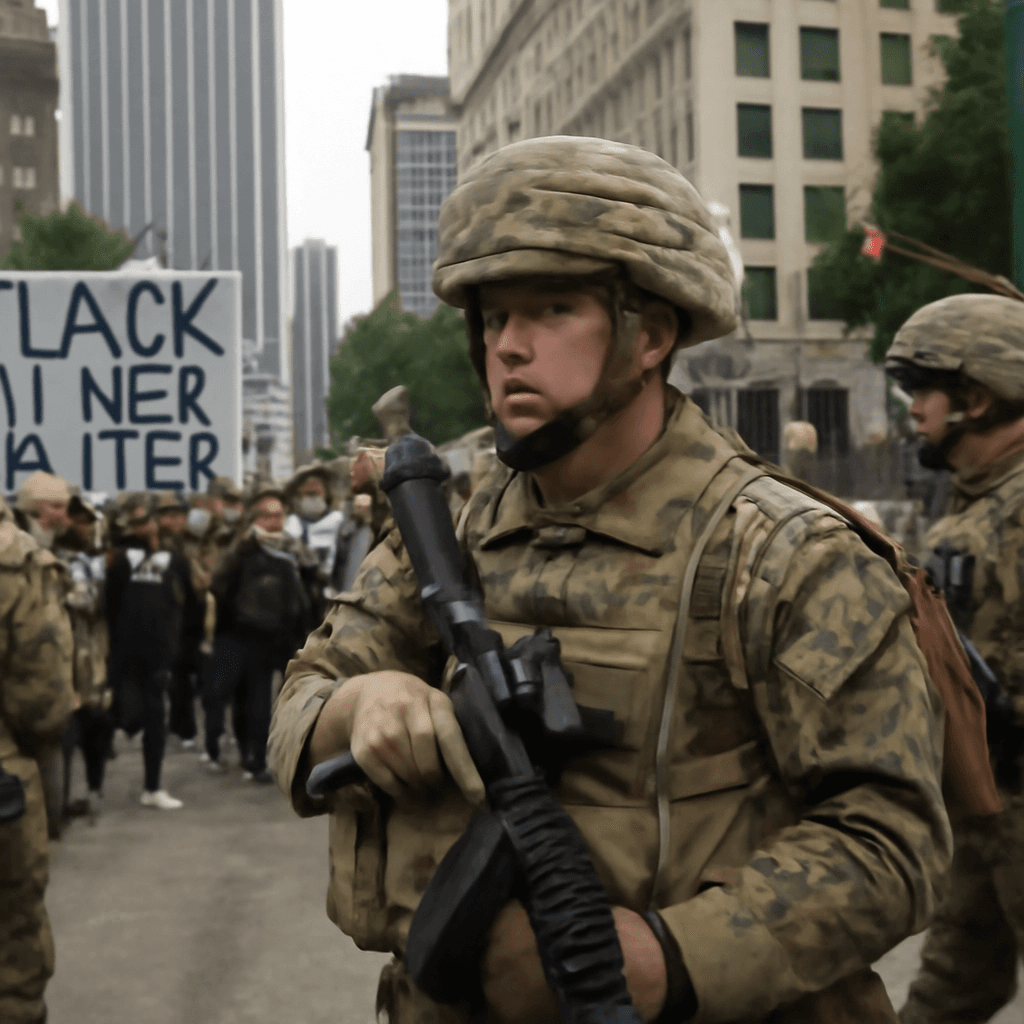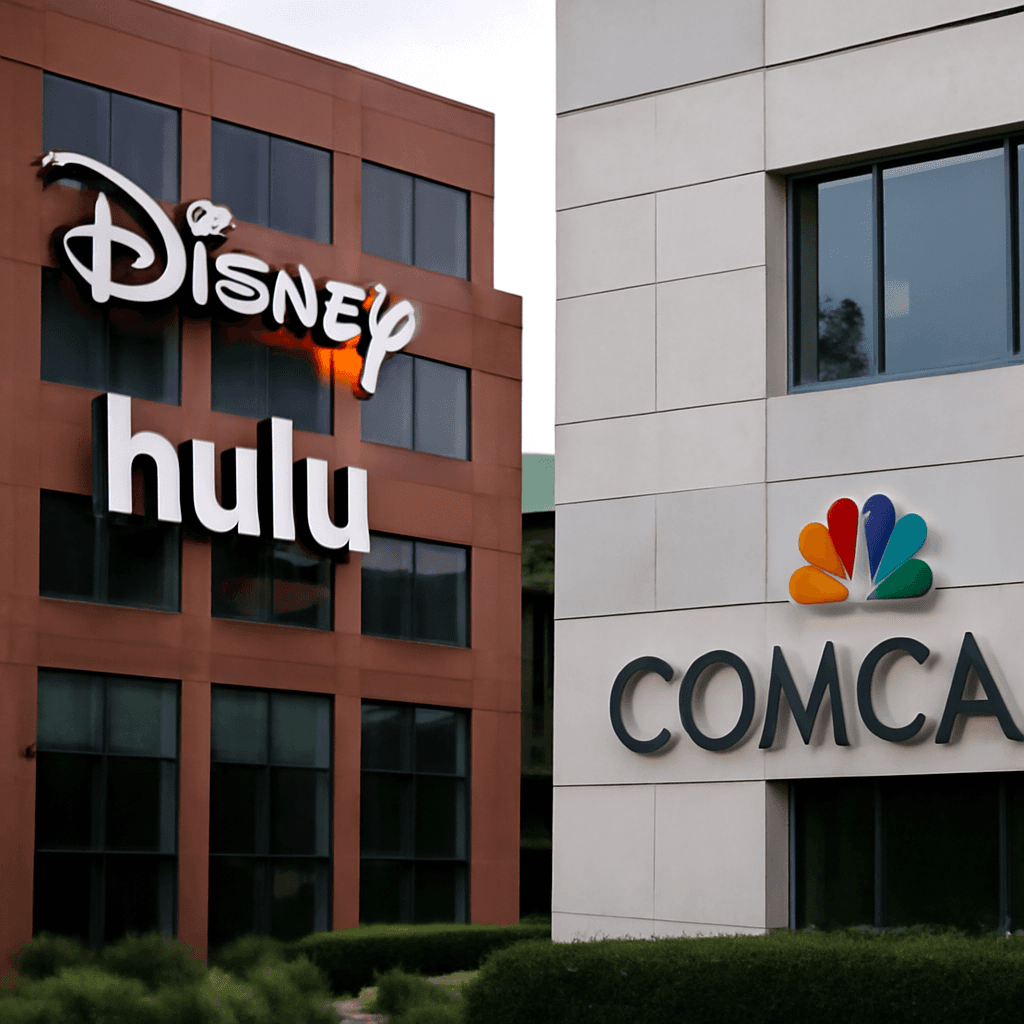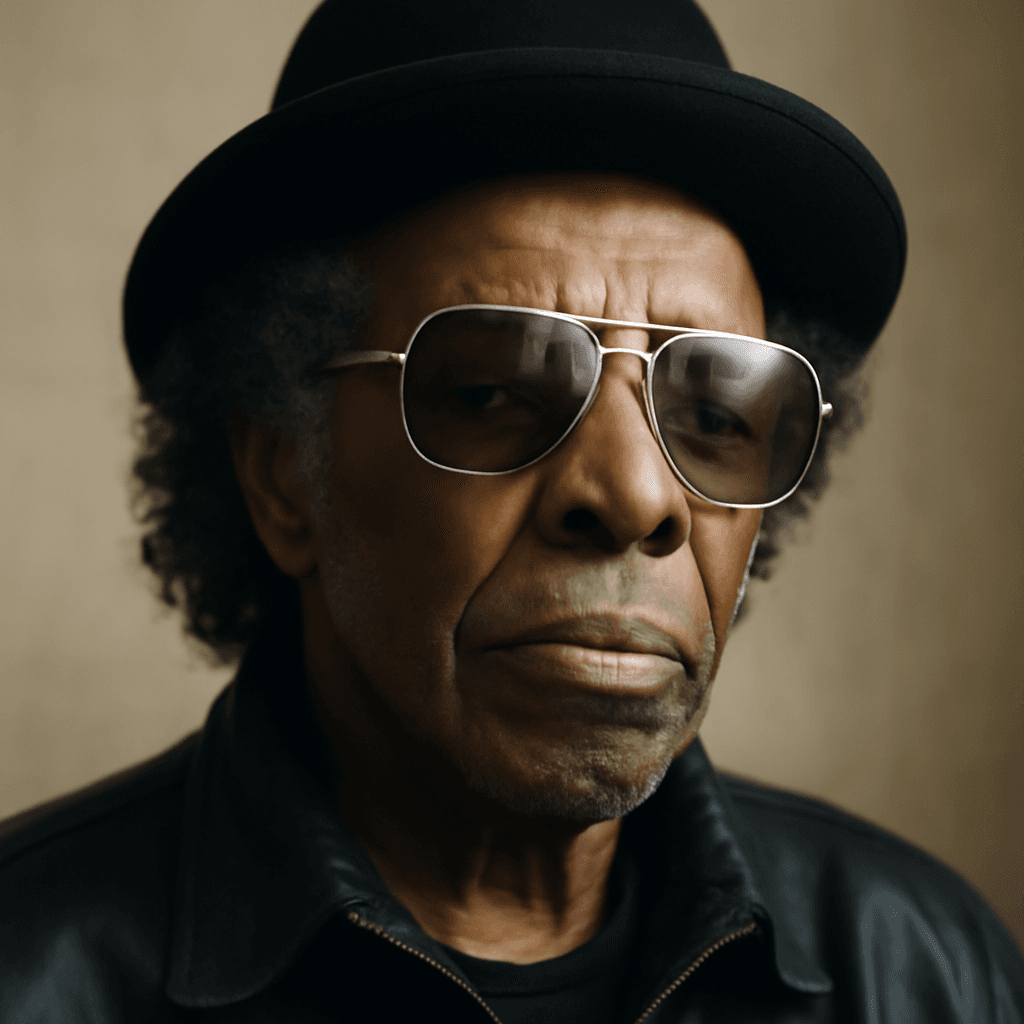US Sends 700 Marines to Los Angeles as Immigration Protests Escalate
Los Angeles braces for a potential fourth day of protests following federal immigration raids, prompting the Trump administration to deploy approximately 700 Marines temporarily until additional National Guard troops can arrive.
Military Deployment Amid Rising Tensions
A senior U.S. official, speaking anonymously, confirmed that a battalion of Marines would be sent to assist local authorities. This move represents an escalation but does not currently involve invoking the Insurrection Act, which would allow troops to directly engage in civilian law enforcement.
While military involvement on U.S. soil is uncommon and typically reserved for disasters such as Hurricane Katrina or the aftermath of the September 11 attacks, the current climate of unrest has led to this rare step. The situation remains fluid and subject to change as events unfold.
Political Fallout and Legal Challenges
The deployment has deepened political divisions, with Democrats criticizing the move as a heavy-handed response to protests. California Governor Gavin Newsom vowed to sue the federal government over what he called an illegal deployment of National Guard forces. He characterized the administration's actions as an "unmistakable step toward authoritarianism."
Newsom and California Attorney General Rob Bonta have taken legal action, accusing the Trump administration of exceeding its authority under federal law, which permits deployment only in cases of invasion, rebellion, or inability to enforce federal laws.
In response, President Trump expressed support for potential arrests of state officials who resist federal enforcement efforts. When asked about arresting Governor Newsom, Trump stated, "I would do it if I were Tom. I think it's great." This reflects mounting tensions between state leadership and federal authorities.
Protests, Security Measures, and Political Implications
The protests, initially sparked by immigration raids, turned violent over the weekend, prompting National Guard deployment and this recent influx of Marines. Demonstrators rallied near Los Angeles City Hall, notably supporting detained union leader David Huerta while expressing frustration over immigration enforcement.
Security forces, including the National Guard and law enforcement officers, have been stationed strategically around federal buildings, such as the Edward R. Roybal Federal Building, which saw vandalism with anti-ICE graffiti. Efforts to cover protest slogans with paint are underway.
Simultaneously, Congressional Republicans are pushing for the "One Big Beautiful Bill," legislation that aims to bolster border security, increase military funding, and implement tax cuts—measures justified in part by the ongoing unrest.
Looking Ahead
With the protests showing no signs of abating, the situation in Los Angeles remains tense. The deployment of military forces on American soil highlights the national stakes involved in the immigration debate and sparks critical questions about the balance between security and civil liberties.
As both legal battles and street demonstrations continue, the unfolding events in Los Angeles will serve as a key indicator of the federal government's approach to immigration and the evolving political dynamics in the months to come.

